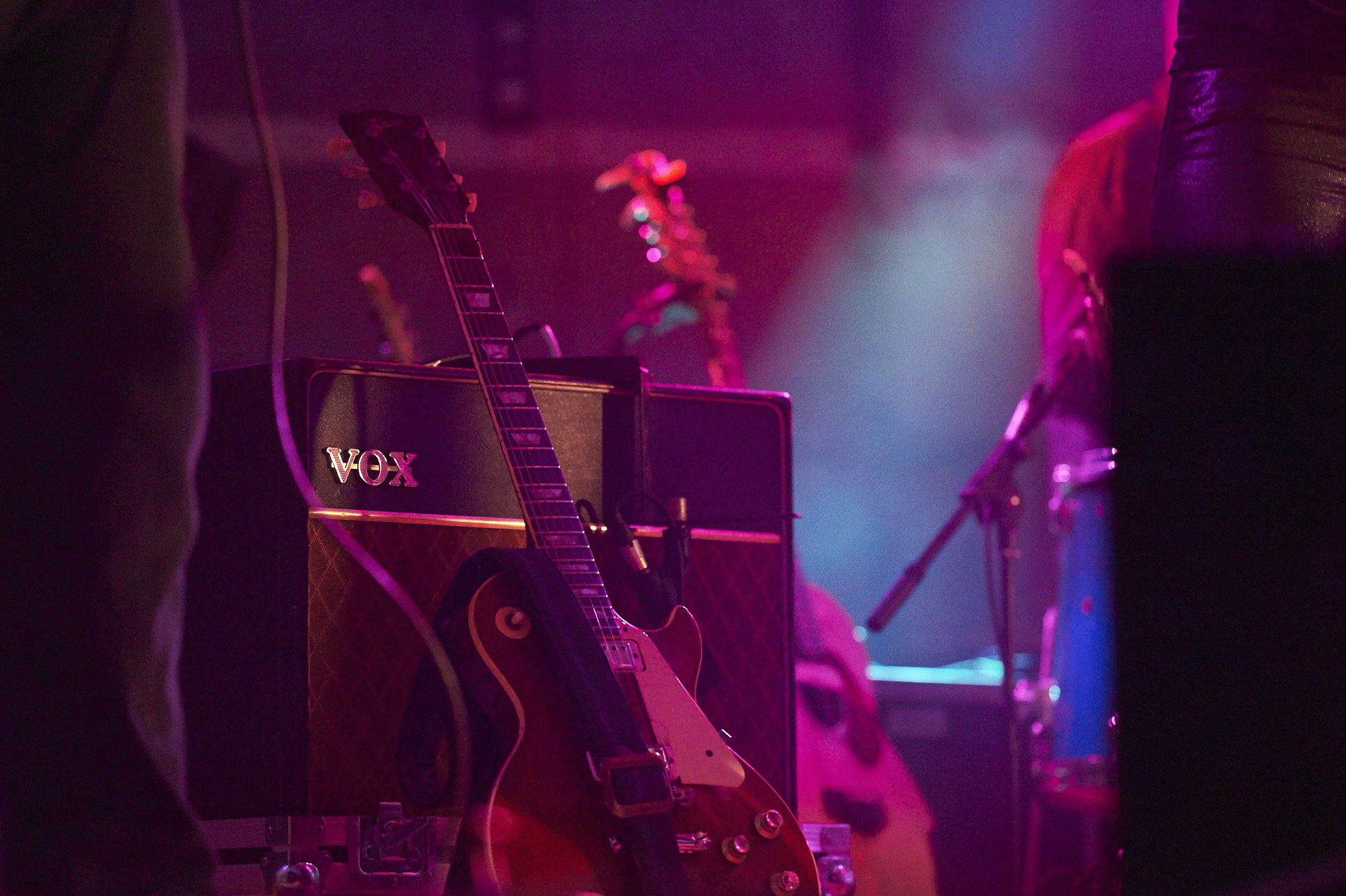People often ask us if the Musicians’ Union (MU) represents people starting out, and early on in their careers. The answer is simple – yes we do, we represent people at every stage of their career. There are basic things you can do now to make sure that your career is built on solid foundations, and that you are taken seriously as a young worker. Even if you’ve been working for a while, it’s good to revisit this list and make sure you are getting the most out of it. So what would be our top 5 things to do to build your music career?
1.Have a goal and make a plan to achieve it
Knowing what you want to achieve and making a plan to get there will put you in a great position and prepare you for your career ahead.
These days, most musicians/artists need to in order to be successful and there is a huge amount you can do yourself. Create your identity, identify your target market, and work out the best ways to connect with them. This research is relevant for working in all areas of music and can make a huge difference in the level of success you achieve.
Gather contacts and network as much as possible. If music is to be your career remember to act professionally, from meeting people in person to your online presence.
If you have a project that needs some financial backing and don’t have the money yourself, check out your funding options and get planning! The MU has plenty of on what to think about when looking and applying for funding, and the is a good place to start your funding search.
2. Get It In Writing
Before engaging in any work as a musician or artist it is hugely important to get what you are agreeing in writing.
That work could be anything from a live booking, going in to record or co-writing.
We have a number of covering various areas of work, which we would advise you to use when making these agreements.
It is impossible to stress enough how important it is to confirm all terms of your agreement in writing as if an unpaid fee, cancellation or other issue occurs, it is much easier to recover the fee when you have.
Unfortunately these issues do occur in music so it is better to protect yourself with a clear agreement. Evidence is key, and will make your rights clearer. Proving a verbal agreement is of course extremely difficult so follow it up in writing, preferably using one of the MU template agreements.
3. Register with PRS for Music & MCPS
Start to understand where the money comes from. If you are writing/composing music then you should look into joining ) and MCPS (Mechanical Copyright Protection Society), and registering your works with them.
Both are collection societies meaning they will collect royalties for uses of your songs on your behalf, and distribute them to you accordingly.
PRS collect money for the broadcast (airplay) and public performance (in clubs, bars and so on) of works.
MCPS collects the licence fees due from the record company whenever registered music is reproduced for products such as CDs and digital downloads.
This additional source of royalty income is separate from the ‘artist’ royalty the record company is required to pay directly to the artists featured on the record under their recording contract. If, as is often the case, the songwriter and the artist are the same person, the record company will end up paying two different royalties to that particular member.
4. Join PPL
Following on from the previous point and understanding where the money comes from, if you are a recording rights holder or are performing on recordings it is important to join the collection society ). Regardless of whether you are a session musician or featured artist, joining PPL is something you should be doing.
On behalf of its members, PPL collects royalties for a range of uses of recorded music – when it is played in public or broadcast on TV, radio and certain digital media services.
Those that own their recordings must register them with PPL in order for the collection society to be able to collect on their behalf for the range of uses mentioned.
So if you are a songwriter, join PRS for Music. If you perform on recordings or are a recording rights holder, join PPL.
If you are all of the above then join both PRS for Music and PPL.
5. Know your rights – and protect them
As a working musician, it’s important you know what your rights are and how you can protect them. That’s where we come in, as the only trade union for musicians in the UK.
We’re celebrating Young Workers’ Month across November – focusing on the issues affecting musicians age 30 and under. This year’s theme is fair pay and getting a good deal. Knowing your rights can help you do just that, and the MU can help with identifying what a fair deal looks like for your work. It’s also about your working relationships, and how you communicate your value. We’ll be talking about all of that, with dedicated and over the next few weeks.
Keep up to date with the latest MU news, events and advice via , , and or get in touch with your







